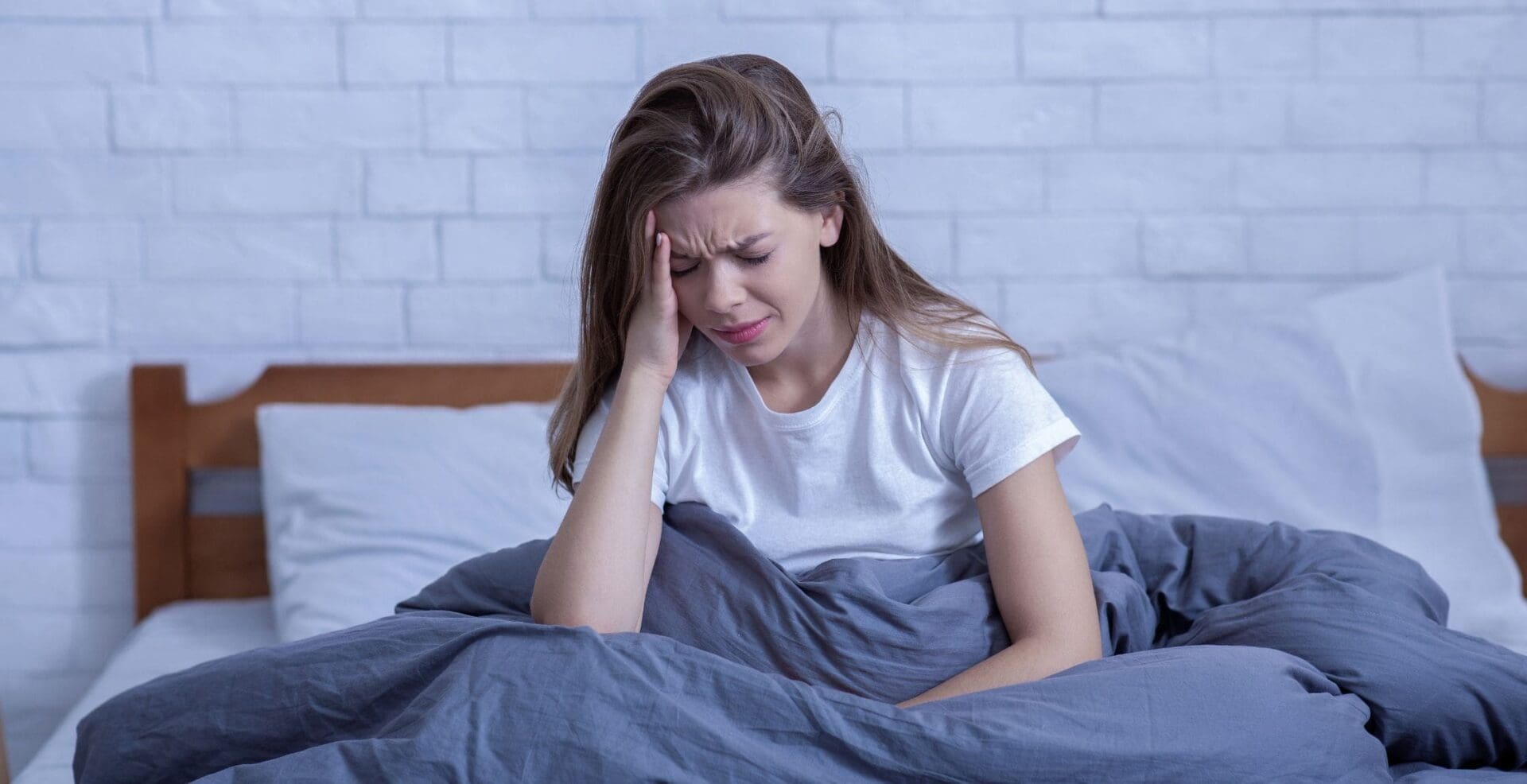The importance of a good night’s sleep for maintaining a balanced and joyful life cannot be overstated. There are numerous compelling reasons why you might want to consider hitting the hay earlier.
The most apparent reason is our need for rest. So, what happens when we don’t get enough sleep? Our brain operates on a limited energy supply. It can either be awake, processing our surroundings, or asleep, rejuvenating and restoring.
In the United States, it’s particularly common for women to wear their sleep deprivation as a badge of honor. It’s as if we’re in a contest to see who can burn out the fastest. When did being overwhelmed become the new normal?
The stress hormone cortisol might be a contributing factor. Produced by the adrenal glands, cortisol plays a key role in our “fight or flight” response. Under normal circumstances, cortisol follows a daily cycle. It peaks in the morning, helping us start our day, and gradually decreases as the day progresses, preparing us for sleep.
However, if you’re burning the midnight oil, whether it’s catching up on work, binge-watching your favorite show, or preparing for the next day, cortisol levels can spike, leading to that all-too-familiar “second wind.” Elevated cortisol levels can disrupt hormonal balance, leading to symptoms such as anxiety, depression, hot flashes, insomnia, and mood swings, among others.
According to the National Sleep Foundation, “Exposure to light stimulates a nerve pathway from the retina in the eye to an area in the brain called the hypothalamus.” This means that if you’re watching TV, reading a book, or using an electronic device like an iPad or Kindle before bed, the light can stimulate your brain, making it less likely to release melatonin, the hormone that promotes sleep.
Now that you understand the importance of sleep, here are a few tips to help you catch those much-needed zzz’s:
Gradually adjust your bedtime. If you’re used to staying up until 11:00 PM, try going to bed at 10:45 PM for a week. Then, aim for 10:30 PM the following week. Making gradual changes can make the transition easier.
Turn off any devices with a backlight at least 30 minutes before bed to avoid overstimulation.
Limit your caffeine intake, especially in the afternoon and evening.
Incorporate a mindfulness practice, such as meditation or prayer, into your bedtime routine.
Thank you for reading. Keep an eye out for more helpful tips on managing stress and maintaining a healthy balance in your life!


